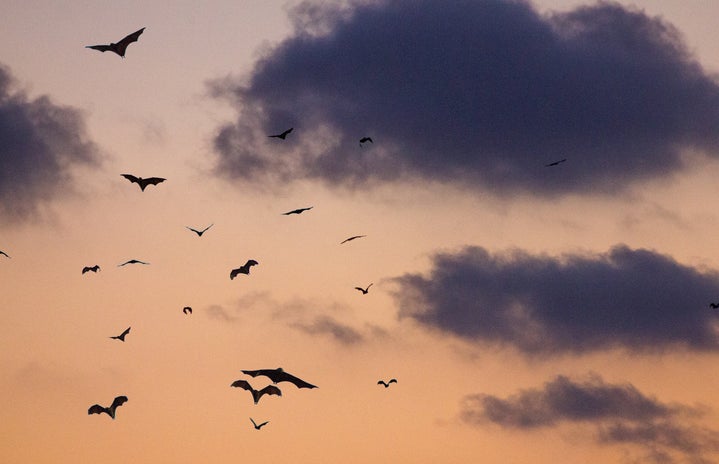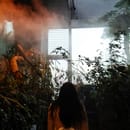In numerous unprecedented ways, 2020 has been a year of great disorder on both the internal and external levels – ranging from global economic chaos to individual anxiety. The year feels particularly disappointing considering the high expectations many placed upon it in the past – the Tokyo Olympics, the possibility of a second “Roaring Twenties,” and of course, a general excitement of a new decade. For many, it is near impossible to not feel some degree of regret.
Unrealized plans: perhaps one of the greatest sources of unhappiness and disappointment. Vacations, parties, concerts, etc. have been either canceled, pushed back, or executed in virtual methods. Especially in a season such as Summer, it feels dreadful for being unable to enjoy the pleasures of the outdoors and the heat. Just as travel bans are unbearable enough, being quarantined in one’s own home can feel like imprisonment.
On a more serious note, graduating college students may feel a more crushing sense of disaster and hopelessness as they are forced into a further challenging environment. Many students may feel as if all their years of hard work and preparation have been for nothing; a tighter job market and student debt place strains on passions as well as desires for learning. For such people, 2020 can be seen as a shattering halt to adulthood dreams of attaining careers or going to graduate school.
Lack of intimacy: the pandemic has shown a privilege that has long been mundane yet little recognized: intimacy. Whether it is with friends, family, business partners, or strangers met during travel, being together with someone has never felt this desirable. While the internet has proven to be a highly valuable (or rather the ultimate) tool in connections, it may feel slightly empty to converse with someone through a screen. Under quarantine, there is strong anxiety over the smallest physical contact. As we stay indoors alone for prolonged periods of time, we may start to feel regret for not spending much time with our loved ones before.
With facilities and institutions closed down for safety – schools, offices, museums, arenas, and so on – we can finally appreciate the freedom of never having to worry about being packed too close to one another, touching things, and sharing public spaces. It is incredible how freely people moved and interacted before the crisis, coming into contact with various people and surfaces, moving in and out over great distances.
Looking back as the year comes to an end, so many pre-pandemic mundane activities now appear as privileges. For instance, the liberty of being able to walk through a crowded tourist site without ever being anxious when touching souvenirs, chatting with locals, or even sitting on a public bench now feels like a bygone luxury. Once the pandemic ceases to be, how will we interact with one another? Will there always be a sense of distance between ourselves? Will there be a permanent feeling of anxiety in the air? Perhaps deep insecurities of the future? Having seen the unexpected twists and turns of this year, it probably feels more doubtful to make predictions and set ourselves goals that cannot be guaranteed to materialize.


